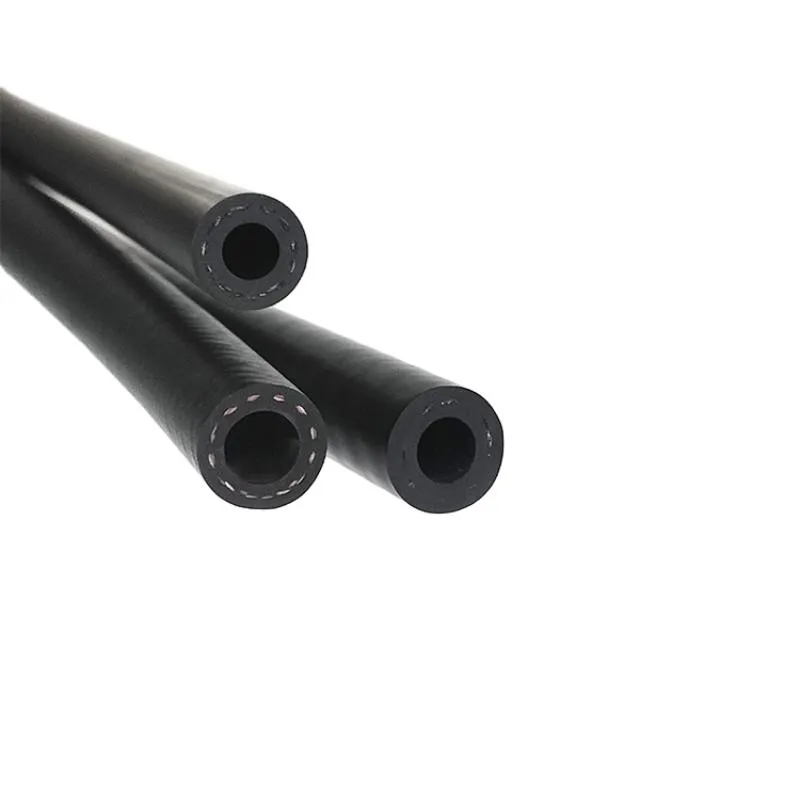Similarities in Gas Fuel Line Systems and Their Operational Efficiency
Nov . 07, 2024 22:25 Back to list
Similarities in Gas Fuel Line Systems and Their Operational Efficiency
The Importance of Gas Fuel Lines in Automotive Systems
In the world of automotive engineering, few components are as crucial yet often overlooked as gas fuel lines. These lines are vital for delivering fuel from the tank to the engine, enabling vehicles to operate efficiently. Understanding the significance of gas fuel lines, their construction, and maintenance can enhance the vehicle's performance and longevity.
What Are Gas Fuel Lines?
Gas fuel lines are specialized tubes designed to transport fuel in both gasoline and diesel vehicles. Typically made from durable materials such as rubber, plastic, or metal, these lines ensure a safe and efficient transfer of fuel under varied pressure and temperature conditions. They are engineered to withstand both the chemical properties of the fuel and the physical stresses encountered during vehicle operation.
The Role of Gas Fuel Lines in Engine Performance
The primary responsibility of gas fuel lines is to maintain an uninterrupted flow of fuel to the engine's combustion chamber. A consistent fuel delivery system is crucial for optimal engine performance. If the fuel line becomes clogged, damaged, or leaks, it can lead to a variety of issues, including reduced engine power, increased emissions, and, in the most severe cases, complete engine failure.
In modern vehicles, the fuel system is equipped with advanced technology, including fuel pumps and injectors that rely on properly functioning fuel lines to perform. A well-maintained fuel line helps achieve better fuel efficiency, enhancing miles per gallon and ensuring that the engine runs as smoothly as possible.
Common Issues with Gas Fuel Lines
gas fuel line

Despite their importance, gas fuel lines can develop issues over time. One common problem is the degradation of rubber lines due to exposure to heat, chemicals, and the elements. This degradation can lead to cracks, leaks, and ultimately a risk of fire or explosion.
Another issue can arise from clogs caused by sediment and debris that accumulate within the fuel tank. This blockage can prevent adequate fuel flow, resulting in engine stalling or poor performance. Regular inspections are essential to detect these problems early and take necessary actions.
Maintenance and Replacement
To ensure the longevity and reliability of gas fuel lines, regular maintenance is essential. Vehicle owners should periodically check for signs of wear, such as cracks or discoloration. Additionally, it is advisable to inspect the connections and clamps for any signs of leaks.
If any issues are detected, it is crucial to address them immediately. Replacing damaged fuel lines should be done by a qualified mechanic, as improper installation can lead to further complications. In newer vehicles, fuel lines may also be integrated with other components, necessitating professional intervention.
Conclusion
Gas fuel lines may not be the most glamorous part of a vehicle, but their importance cannot be understated. They play a critical role in delivering fuel to the engine, ensuring optimal performance and safety. By understanding the function and maintenance of gas fuel lines, vehicle owners can take proactive steps to keep their vehicles running smoothly. Regular inspections and timely replacement of worn or damaged fuel lines can ultimately save drivers from costly repairs and enhance the overall efficiency of their vehicles. Proper care of gas fuel lines is an integral part of responsible vehicle maintenance that contributes to both performance and safety on the road.
